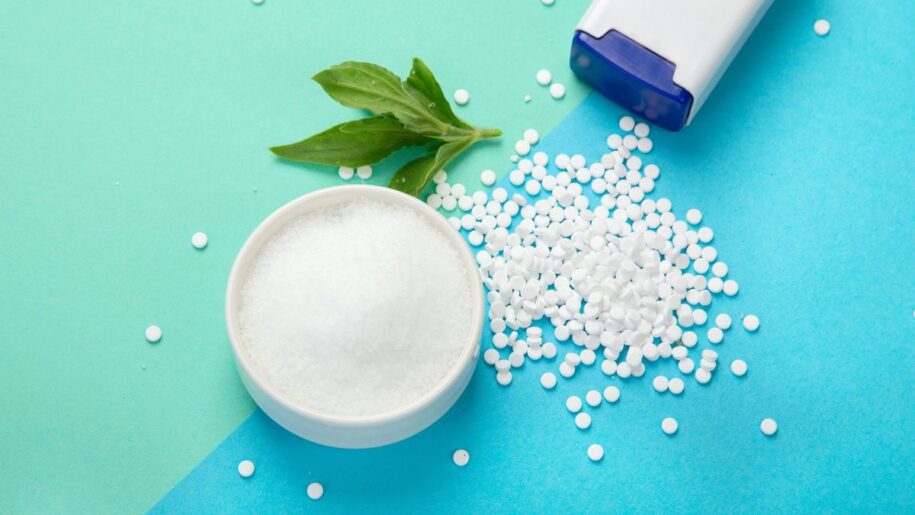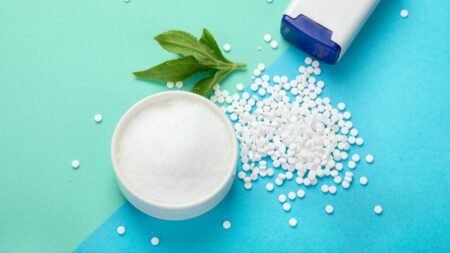An artificial sweetener known as sugar alcohol has never sounded like the healthiest thing for people. Turns out, it may not be. Sugar substitute xylitol cause to higher risk of heart attack, stroke.
In a research published in the European Heart Journal, Cleveland Clinic researchers report that higher amounts of Sugar substitute xylitol cause to higher risk of heart attack, stroke. And also other cardiovascular events.
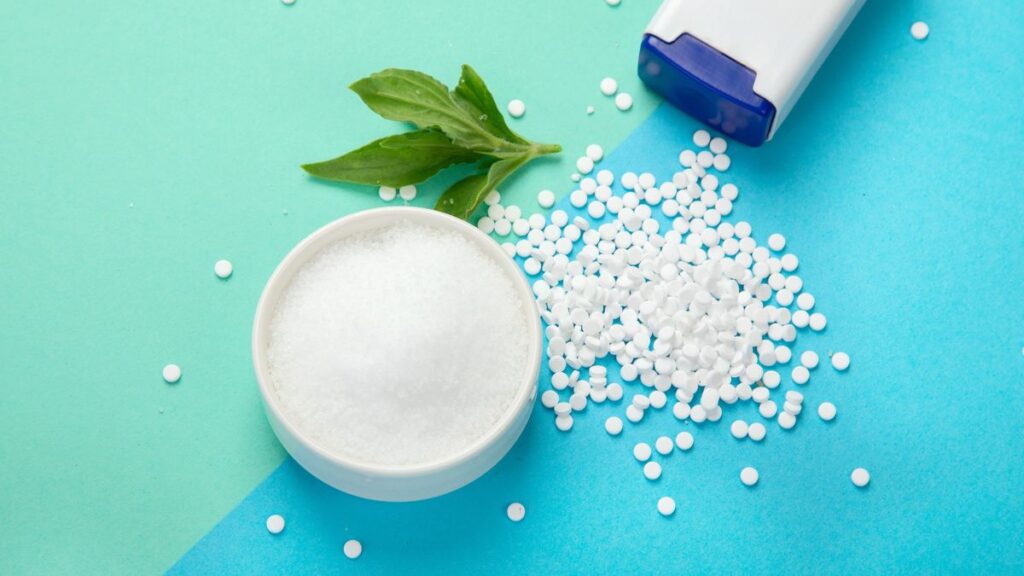
About xylitol:
The researchers said they found the associations in a large-scale patient analysis, a clinical intervention study, and preclinical research models.
Xylitol is a lower-calorie sugar substitute with a low glycemic index. Sugar alcohols are carbohydrates that don’t actually contain alcohol.
Xylitol occurs naturally in small amounts in fibrous fruits and vegetables, corn cobs, trees, and the human body. It’s used as a sugar substitute because its taste is comparable to sugar but has fewer calories.
Xylitol is found in many products, ranging from sugar-free candy and gum to toothpaste. People also use it as a sweetener and for baking.
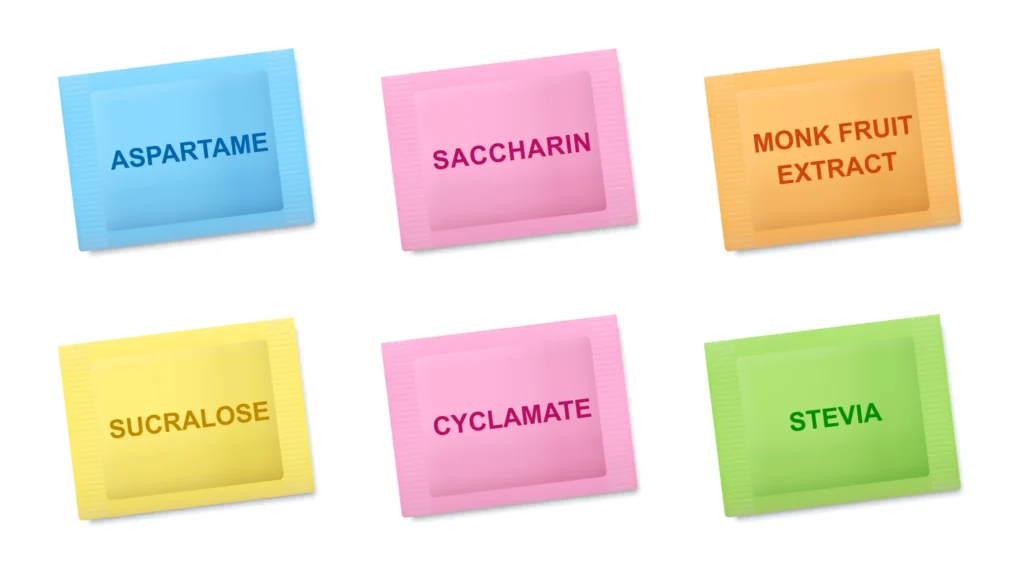
Sugar alcohol and cardiovascular risks:
The research team said over the past decade, sugar substitutes such as sugar alcohols and artificial sweeteners have significantly increased in processed foods promoted as healthy alternatives.
The Cleveland Clinic team found a similar link between another sugar alcohol, cardiovascular risk last year. They said in a statement that xylitol isn’t as common as erythritol in keto or sugar-free products in the United States, but they noted it is common in other countries.
“This study again shows the immediate need for investigating sugar alcohols and artificial sweeteners, especially as they continue to be recommended in combating conditions like obesity or diabetes,” said Doctors the chairperson of Cardiovascular and Metabolic Sciences at Cleveland Clinic’s Lerner Research Institute as well as the co-section head of preventive cardiology in the Heart, Vascular and Thoracic Institute, in the statement.
“It does not mean throw out your toothpaste if it has xylitol in it, but we should be aware that consumption of a product containing high levels could increase the risk of blood clot related events,” Hazen added.

Details on the study of xylitol and heart health:
In a report of more than 3,000 subjects in the United States and Europe, the researchers reported that high levels of circulating xylitol were associated with an elevated three-year risk of cardiovascular events.
A third of subjects with amount of xylitol in their plasma were found more likely to experience a cardiovascular event.
The team conducted pre-clinical testing to confirm the findings. They discovered xylitol caused clotting in platelets and heightened risk of thrombosis.
The researchers also tracked platelet activity from subjects who ingested a xylitol-sweetened drink versus a glucose-sweetened drink. They found every measure of clotting ability significantly increased immediately following ingestion of xylitol but not glucose.
The team said the study had several limitations, including that clinical observation studies demonstrate association and not causation. They said more studies are needed to assess the long-term cardiovascular safety of xylitol.
Health effects of sugar substitutes:
A cardiologist and chief medical officer at VitalSolution, which provides cardiovascular and anesthesiology services to hospitals nationwide, told Medical News Today that problems with sugar substitutes go back more than a century.
“Saccharin was first discovered in 1879 and widely introduced as an artificial sweetener in the early 20th century,” Serwer said. “There was notable concern that could cause cancer in the 1970s, but this was later clarified in the early 2000s when the National Toxicology Program removed saccharin from its list of potential carcinogens.
Serwer said the health value of sugar substitutes depends on someone’s medical conditions.
“Ideally, one would avoid them altogether and maintain a healthy balanced diet with a low glycemic index,” said Serwer, who was not involved in the research. “I would encourage patients to consider their desire for sweets over their overall health. The natural options such as monk fruit extract may be reasonable.
Artificial sweetener neotame may have potential to damage gut, lead to IBS:
Neotame, an artificial sweetener available for use in food products for which aspartame is inappropriate, may damage the intestine, according to a new study from Anglia Ruskin University in Cambridge, U.K.
The U.S. Food and Drug Administration approved neotame for human constipation in 2022.
It is approved in many countries as a flavor enhancer and sweetener in cakes and other confectionary foods. It is also found in some sugar-free gums, lozenges, and beverages. Neotame may be introduced into foods in manufacturing or as a tabletop seasoning.
Neotame is 7000 to 13000 times sweet than sucrose.
The study says the sweetener can directly damage epithelial cells in the intestinal wall as well as adversely affect bacteria in the gut.
The study was conducted in vivo with E. Coli (Escherichia coli) and E. faecalis (Enterococcus faecalis), in which researchers observed various pathogenic responses after exposure to neotame.
Among these was the production of biofilm, and an increase in the ability of damaged bacteria to cling to the intestinal walls.
Artificially Sweetened Diet drinks linked to atrial fibrillation risk:
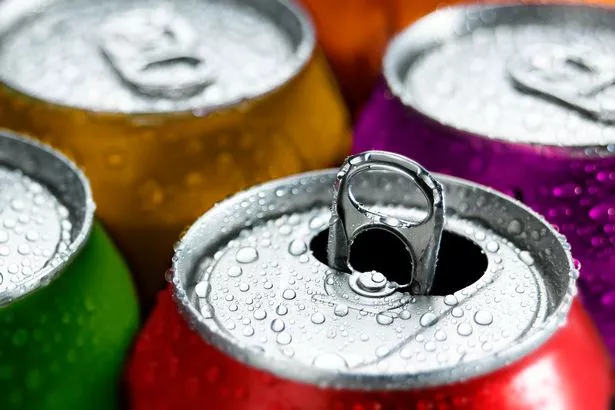
The first category was drinks with added sugar such as white sugar, sucrose, and fructose syrup – typically seen in non-diet soda and fruit juice blends.
The second category was freshly squeezed fruit juices with no added sugar. Limited intake of natural fruit juice can be beneficial. Wang noted that consumption of less than one liter per week not only provides vitamins, minerals, and antioxidants, it is also associated with an 8 percent decreased risk of atrial fibrillation. That said, researchers found no protective effect for consuming more than one liter per week of these drinks.

The third category of drinks – those with artificial sweeteners such as sucralose, aspartame, and acesulfame – are popular because these products are sweet but generally contain limited calories. However, these artificial sweetening synthetic compounds are not without risk.
“We encourage people to be mindful of their behavioral patterns,” Wang said. “Early detection of risk factors like an unhealthy diet and taking proactive measures can effectively reduce the burden of disease in the future.”
“Based on our study, I once again advise people to reduce or even avoid consumption of sugar-sweetened and artificially sweetened beverages whenever possible. “It is important not to assume that low-calorie artificially sweetened beverages are inherently healthy, as they also carry potential health risks.”

